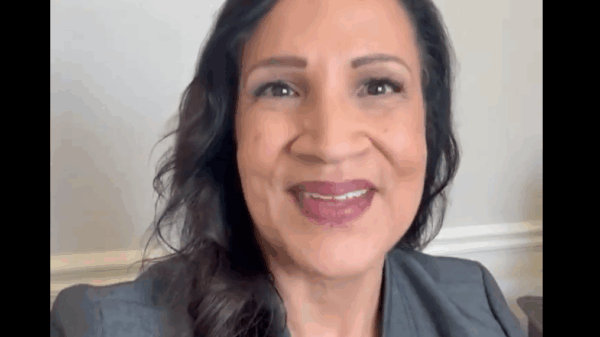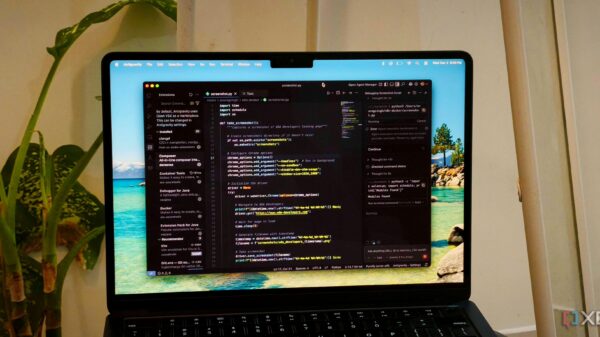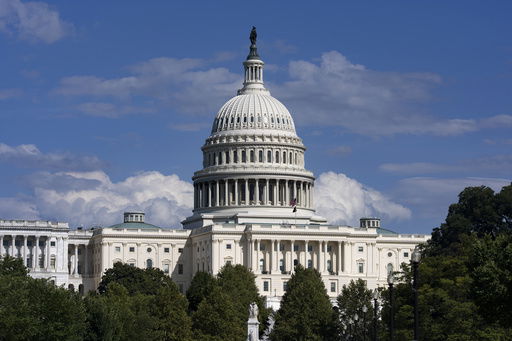A government shutdown has taken effect following the failure of a bill in the United States Senate aimed at extending federal funding until November 20. The proposed legislation was defeated on September 27 by a vote of 55-45, falling short of the necessary 60 votes for advancement.
Missouri lawmakers have expressed strong reactions to the shutdown, which marks the first such occurrence in seven years. In a post on X, U.S. Senator Eric Schmitt (R-MO) criticized the Democratic Party, stating, “Democrats just voted to shut down the government. Their plan is to restore funding to woke USAID programs, NPR and healthcare for illegal immigrants.” Schmitt’s remarks reflect a broader sentiment among Republicans regarding the implications of the shutdown.
U.S. Senator Josh Hawley (R-MO) also voiced his concerns, highlighting the potential impact on essential services. Speaking during an appearance on Steve Bannon’s War Room, he said, “I’m sorry, but I just think the American people are going to look at this and say, ‘Hold on, I can’t now go to the VA?’ I can hear farmers… You can’t go to the USDA and get the programs that you’ve applied for, that you’re paying for with your tax money.” Hawley further emphasized that Medicaid reimbursements would cease, attributing the shutdown to Democratic opposition to the current administration.
Missouri Governor Mike Kehoe joined the chorus of criticism, asserting in a post on X that “Missourians deserve stability and common-sense governing in Washington, not political gamesmanship that puts partisan interests ahead of American families.” He characterized the situation as a “Democrat-led federal shutdown,” underscoring the partisan divide that has characterized recent legislative efforts.
The inability to pass the funding bill underscores the ongoing challenges within the U.S. government regarding budget negotiations and partisan disagreements. As the shutdown continues, the ramifications for various government services and programs remain uncertain, prompting concerns among constituents and officials alike.
The situation in Washington D.C. is evolving, with lawmakers now facing the immediate task of addressing the shutdown while navigating the complexities of bipartisan negotiations necessary to restore funding and services. The ongoing dialogue among Missouri officials illustrates the broader frustrations felt across the political landscape as the shutdown affects numerous sectors and communities nationwide.







































































